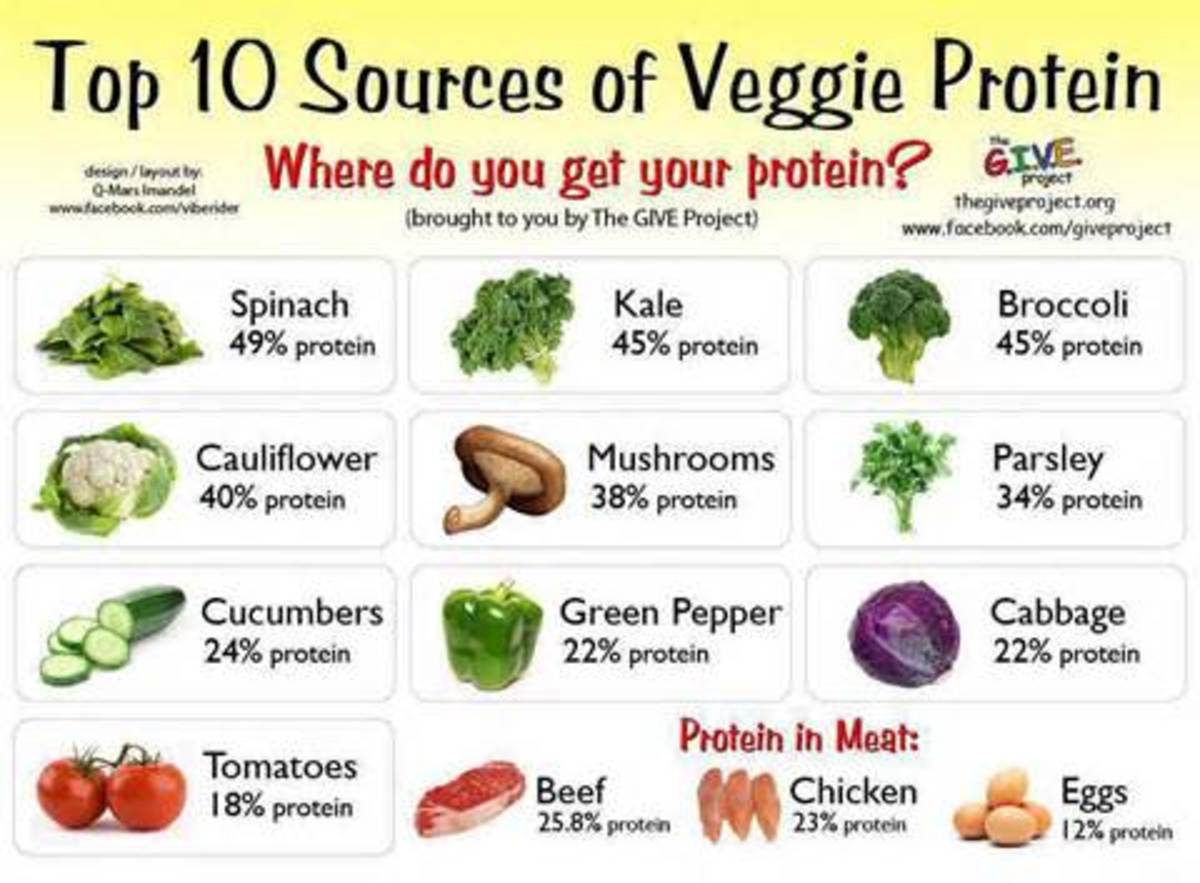Eggs are Good for You
Don't Fear the Egg
What ever happened to the good old fashion Chicken and there ultra nutritious Eggs.
Eggs are one of the most nutritious things nature provides for us. As long as the shell isn't cracked it. Eggs are completely sterile.
Salmonella is a concern when eating raw eggs and this occurs the most when shell is cracked. Once the integrity of the shell is broken we should be suspicious.
The simple test is let the egg sit at room temperature, then smell the egg. The salmonella bacteria should have gotten to it by this time and you will smell rotten eggs.
Nutrition is lost the more you cook the egg. There is less of a loss by cooking hard boiled eggs compared to other methods. If you want the maximum benefit you have to go raw. Some folks will separate the yoke from theegg white, it's a personal preference.
Organic or Free Range eggs which is better?
There are important differences. While free-range suggests a better life for hens, it doesn't have defined standards beyond those common to all egg production. There is no independent third party certification as with organic. Producer's of free-range eggs can use antibiotics, hormones and non-organic feeds.
What are the health benefits of Eggs?
- Egg protein is the gold standard of protein in food, and eggs are nutritional powerhouses, containing almost every essential vitamin and mineral needed by humans.
- Eggs yolks are one of the few foods that naturally contain vitamin D.
- Some believe eating eggs raises levels of "bad" cholesterol in the blood, but actually saturated fat is responsible, and eggs contain very little.
- Eggs contain the carotenoids lutein and zeaxanthin, yellow/orange carotenoids that reduce risk of cataracts and age related macular degeneration. Eggs are an excellent source of choline, essential for function of all cells in the human body.
- Eating at least 6 eggs/week may protect women from breast cancer, lowering risk of breast cancer by as much as 44%.



Eggs - Omega 3 and 6
One other type of eggyou'll find on the shelf is the Omega-3.
The diet of hens who produce omega-3 eggs is supplemented with certified organic flaxseed, a rich source of omega-3 fatty acids, without the use of antibiotics, synthetic hormones, or pesticides.
The benefits of omega-3 eggs:
Omega-3 fatty acids are essential to human health but cannot be manufactured by the body. Omega-3 fatty acids must be obtained from food. It is important to maintain an appropriate balance between omega-3 and omega-6 fatty acids in the diet as these two work together to promote health.
These fatty acids play a crucial role in brain function as well as normal growth and development. The ideal ratio of omega-3 to omega-6 from diet is 1:3.
The diets of most Americans are believed to be more like 1:20, because they contain excessive levels of omega-6 fatty acids, and too little omega-3 fatty acids.
Therefore it is critical to include sources ofomega-3 fatty acids such as omega-3 eggs, flaxseed, fish such as salmon, trout and tuna, whole grains, fresh fruits and vegetables, olive oil, and garlic in your diet.

White vs Brown Eggs
In the chicken world white eggs come from white chickens andbrown eggs come from brown-ish chickens. Most of the eggs in your supermarket come from the following breeds of chickens: the White Leghorn, the Rhode Island Red, the New Hampshire, and the Plymouth Rock.
White Leghorn chickens are white and lay white eggs. Rhode Island Red, New Hampshire and Plymouth Rock chickens are all reddish brown and lay brown or brown-speckled eggs.
Here's a secret to predicting the color of eggs a chicken will lay: look at their earlobes. The pigments in the outer layer of the eggshell will always approximate the color of the earlobe of the chicken that laid the egg.
Does the eggs color make one healthier than the other?" According to the Egg Nutrition Center in Washington, D.C., the answer is No. The color of the shell has nothing to do with the Eggs quality, nutritional value or flavor.
They say the reason brown eggs cost more is because the brown-egg variety of chickens are bigger eaters and cost more to feed. The cost is then pushed forward to the consumers who prefer browm eggs..
You know marketing, if brown means more green in the manufactures pocket then sell it.
For more information about this and other health issues just click Here!



